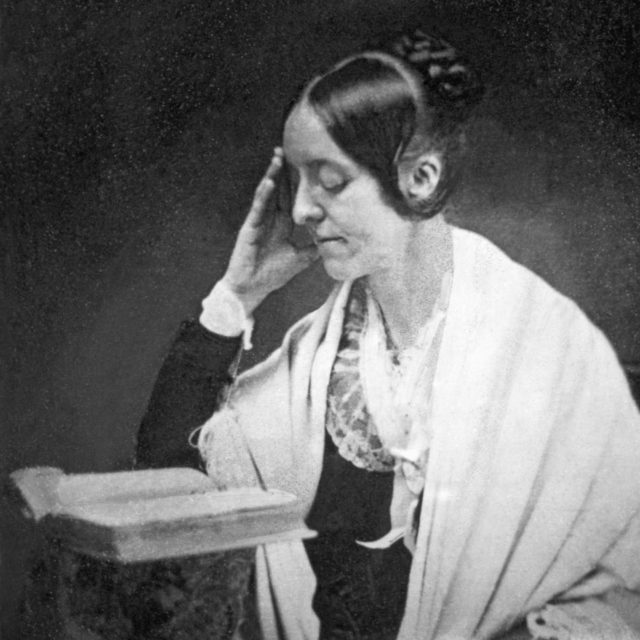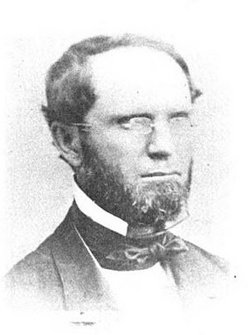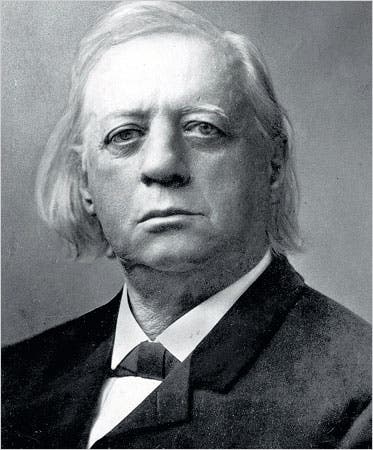“We would have every path laid open to woman as freely as to man.”
Margaret Fuller, 1845
Although Margaret Fuller may not widely known today, in the mid-nineteenth century she was a well known teacher, editor, and essayist whose best known book, Woman in the Nineteenth Century, published in 1845, examined the place of women within society. Lavinia Goodell admired Margaret Fuller’s works and spent countless hours reading them in order to prepare a paper that she delivered at a December 1877 meeting of Janesville, Wisconsin’s literary society, the Mutual Improvement Club.

Margaret Fuller was born in Massachusetts in 1810. A precocious child, her father, a lawyer, oversaw her education, providing his daughter with tutors in Latin, philosophy, history, science, literature, and German. After her father’s death in 1835, the family found itself quite poor, and Margaret went to Boston as a teacher. She taught in Bronson Alcott’s school and offered classes for young ladies. She became a friend of Ralph Waldo Emerson and other Transcendentalists. Few would accuse her of being overly modest. It was while dining at Emerson’s home that Margaret uttered what is probably her best remembered remark: “I now know all the people worth knowing in America, and I find no intellect comparable with my own.”
Continue reading →













